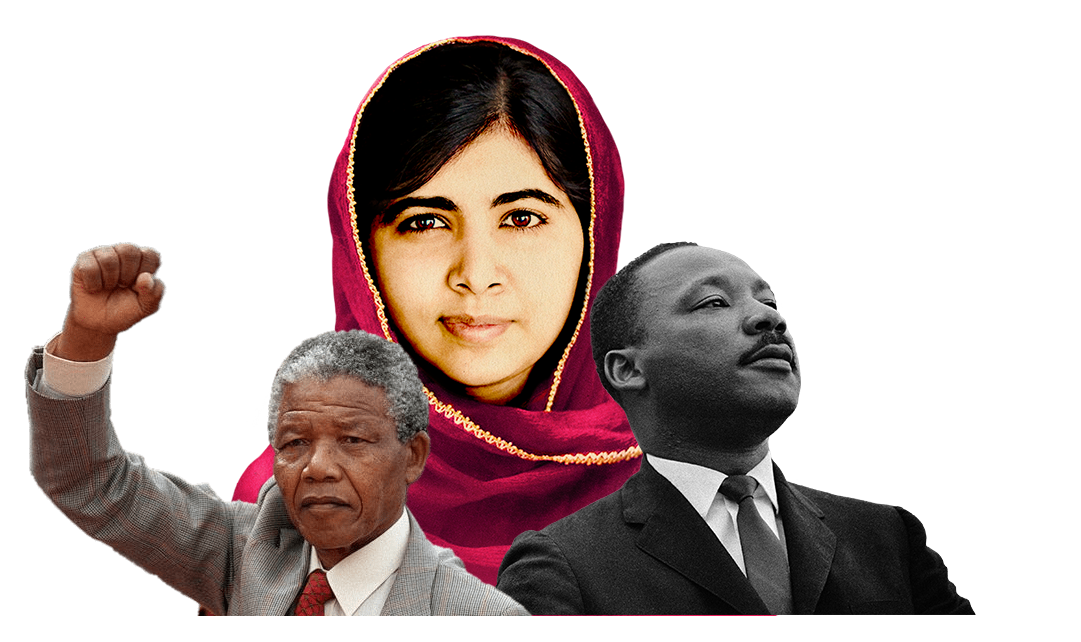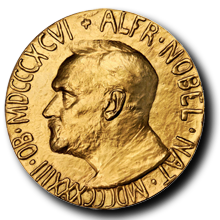The politicization of the Nobel Prize
The Nobel Peace Prize is one of the five Nobel Prizes established by the Swedish chemist and inventor Alfred Nobel. It is awarded annually to individuals or organizations who have made significant contributions to promoting peace, resolving conflicts, and advancing disarmament and nonviolent efforts for the betterment of humanity.
Some notable Nobel Peace Prize laureates include Martin Luther King Jr., Mother Teresa, Nelson Mandela, Malala Yousafzai, and the International Campaign to Abolish Nuclear Weapons (ICAN).
The Nobel Peace Prize is awarded by a committee of five members appointed by the Norwegian Parliament, and the laureate is presented with a medal, a diploma, and a monetary award. The prize ceremony takes place annually in Oslo, Norway, on December 10, the anniversary of Alfred Nobel's death.
The Nobel Prize, first awarded in 1901, was established by Alfred Nobel with the intention of recognizing individuals who have made outstanding contributions to the fields of physics, chemistry, medicine or physiology, literature, and peace. Over time, the Nobel Prize has become one of the most prestigious awards in the world, but unfortunately, it has also become politicized to some extent.
One of the main criticisms of the Nobel Prize is that it is awarded by a small group of people - the Nobel Committee - who have their own political biases and agendas. This has led to accusations that the Nobel Prize has been awarded to individuals or organizations for political reasons rather than for genuine achievements in their field. For example, some have criticized the award of the Nobel Peace Prize to Barack Obama in 2009, arguing that he had not yet achieved anything significant in the realm of peace-making.
Another criticism is that the Nobel Prize has become overly focused on certain areas, such as the promotion of liberal democracy and human rights. While these are undoubtedly important values, some argue that the emphasis on them has led to the neglect of other equally important issues, such as environmental sustainability and economic justice.
Despite these criticisms, the Nobel Prize remains a highly respected award and its recipients continue to be celebrated for their contributions to their respective fields. However, it is important for the Nobel Committee to remain impartial and avoid any perception of politicization, in order to maintain the integrity of the award and its reputation for excellence.
It is worth noting that the Nobel Prize has also been criticized for its lack of diversity. For example, the Nobel Prize in Literature has historically been awarded to writers from Western Europe and North America, with only a handful of recipients from other regions of the world. Similarly, the Nobel Peace Prize has been criticized for primarily recognizing individuals and organizations from developed countries.
In recent years, efforts have been made to address these issues of diversity and representation within the Nobel Prize. For example, in 2020, the Nobel Prize in Literature was awarded to Louise Glück, the first American woman poet to receive the award in over 25 years. Additionally, the 2019 Nobel Peace Prize was awarded to Ethiopian Prime Minister Abiy Ahmed, who was credited with ending a decades-long conflict between Ethiopia and Eritrea.
Despite these efforts, however, there is still much work to be done to ensure that the Nobel Prize remains a fair and equitable recognition of achievement in various fields. The Nobel Committee must continue to strive for diversity and avoid any perception of political bias, in order to maintain the integrity and legitimacy of the award.


